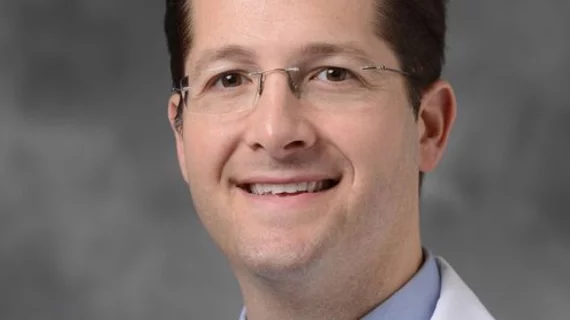Excessive patient deaths spur investigation into Houston heart transplant center
Baylor St. Luke’s Medical Center in Houston continues to tout itself as one of the top heart transplant centers in the country, even as quality measures lag well behind national averages.
An investigative story by the Houston Chronicle and ProPublica detailed the center’s recent poor performance, which spurred CMS to threaten to cut of Medicare funding.
Just 85 percent of patients receiving a heart transplant from St. Luke’s between the summer of 2014 and the end of 2016 survived a year, compared to 91.4 percent nationwide. The center’s organ acceptance rate was half of the national average, its waitlist times were more than triple the national average and its average length-of-stay (27 days) after transplant was almost double the national average (16 days). The length-of-stay ranked third-longest of 125 programs in the country, according to the article.
Despite these statistics, the hospital has continued to market itself as a top-performing center, posting a video with lead surgeon Jeffrey Morgan, MD, saying: "I truly believe that patients here get first-rate care that's unmatched by any other institution locally, regionally, nationally or internationally," before incorrectly asserting the program had performed the most heart transplants in the country and that it had above-average outcomes.
According to the article, the video and misleading charts were removed in January after reporters questioned hospital administrators about them.
Morgan was hired as program director in 2015 despite being a relatively inexperienced surgeon, according to the Houston Chronicle and ProPublica. Instead, he was touted as an “academic superstar.”
Billy Cohn, MD, a longtime heart surgeon and part of the hiring committee, said Morgan has made major surgical errors since arriving at St. Luke’s, including when he stitched through a major vein during a heart implant, blocking blood flow.
"Was it because he was cavalier, or he didn't care, or he wasn't skilled?" Cohn said. "It was none of those things. He just cut in the wrong place."
Responding to questions about specific cases, Morgan wrote to reporters that the care he provided “met or exceeded applicable standards.” Cohn said he doesn’t regret hiring Morgan, despite the initial issues, and added that he has improved as a surgeon over the past two years.
Several cardiologists have recently left St. Luke’s, according to the report, and others admitted to referring patients to other institutions because they felt they would receive better care.
Read the full story below:

